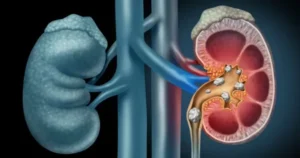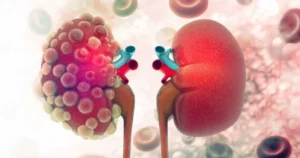
Kidney disease is a serious condition affecting millions worldwide. When the kidneys are damaged, they can’t function properly, which is crucial for maintaining fluid and electrolyte balance and filtering waste from the blood. Early detection and treatment are essential to prevent further damage and complications. Thankfully, the body sends signals that something might be wrong with your kidneys. Learn to recognize these signs and seek medical help promptly.

Understanding the Role of the Kidneys
The kidneys are two small, bean-shaped organs located on either side of the spine, just below the ribcage. They filter blood, removing waste products and excess fluids, help control blood pressure, produce red blood cells, and maintain the balance of electrolytes like sodium, potassium, and calcium. Healthy kidneys filter around 120 to 150 quarts of blood daily, producing about 1 to 2 quarts of urine.
What is Kidney Disease?

Kidney disease, or renal disease, occurs when the kidneys are damaged and can no longer function optimally. Causes include high blood pressure, diabetes, infections, autoimmune disorders, and genetic factors. If left untreated, kidney disease can progress to kidney failure, requiring dialysis or a kidney transplant. Early detection is critical for effective management and preventing further damage.
Leave a Reply